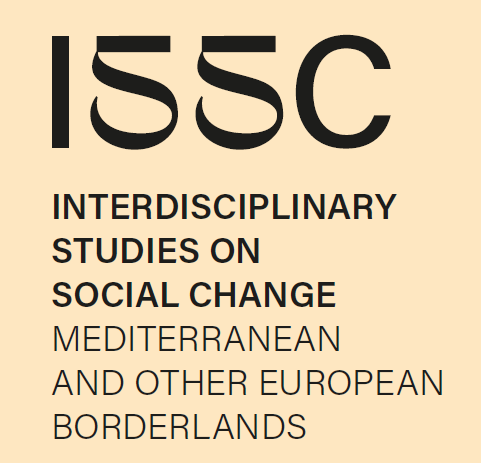Eastern Europe has long been thought of as the “Other Europe,” a marginalized region characterized by political instability, shifting national borders, ethnic diversity, and a certain isolation from the centers of power in the West. Even after integrating with the West, ECC still maintains the aura of “otherness”.
During the course, students will get acquainted with the history of Eastern and Central Europe, its identity issues, cultural heritage and current politics. We will track the process of transition from East Europeans to Europeans, analyzing the shift of collective identities and symbolic boundaries in the CEE countries.
We will make an overview of the change in Europe since 1945 with an impact of the Old Continent and new political developments that have shaped CEE region. As well, we will discover the concept of Eastern Europe and see how it developed and changed. Who are the diverse ethnic groups that make up the region, and how have they cooperated and clashed? How and why have national borders shifted so frequently? What is the region’s relationship to Western Europe? How has the region been isolated from—and connected with—the West?
The roots and outcomes of a specific CEE identity will be debated, as well as recent developments, influenced by systemic transformation, democratization and Europeanisation. We will take a look at the history of relations between the European Union and Central and Eastern Europe, as well as outline the major social and political processes that determined social life in CEE countries under communist rule with an emphasis on explanation of the totalitarian character of the communist state and its impact on social structures and dynamics of social interactions in CEE societies.
Introducing students to poets, writers, artists, and other cultural figures who all made an impact on Eastern European history, will provide them with a whole new context for understanding authors such as Franz Kafka, Czesław Miłosz, Milan Kundera, Václav Havel and many others.

